Physics student, Computer Science faculty collaborate on innovative video stream analysis system
A Physics/Industrial Management student and Computer Science faculty jointly developed a system to detect frames in video streams.
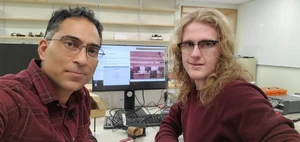
A Physics/Industrial Management student and Computer Science faculty jointly developed a system to detect frames in video streams.
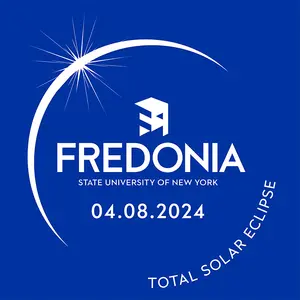
Location. Location. Location. The three most important words in real estate. Right? They’re also the three most important words that apply to the once-in-a-lifetime total...
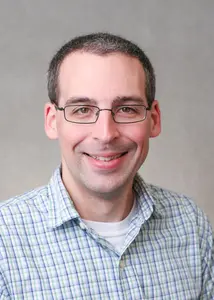
A candid probe into America’s space exploration program will be given by Department of Physics Associate Professor Michael Dunham in a talk – “The Costs...
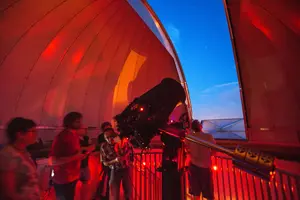
Public Astronomy Nights, approximately weekly events where anybody from the campus and surrounding communities can attend public stargazing and telescope viewing sessions at the Kelly...
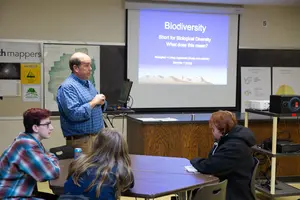
There are more Honors courses in science, technology, engineering and mathematics than ever before at SUNY Fredonia – a far cry from the Spring 2016...
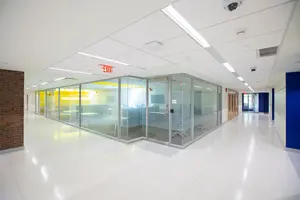
The welcome mat will be rolled out during Homecoming, including on Friday afternoon, Oct. 14, for the dedication of the renovated and redesigned Houghton Hall...

Homecoming 2020, organized by the Office of Alumni Affairs, will include several virtual programs in lieu of in-person events on Oct. 15 and 16.
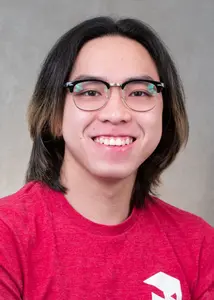
Xi (Zach) Yek, a sophomore Physics major and a Keeper of the Dream Scholar, completed an astronomy research project and had his results published in...
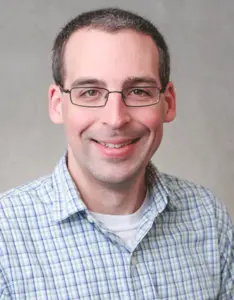
Department of Physics Assistant Professor Michael Dunham, whose research and scholarship interests are in observational studies of star and planet formation, is the recipient of...
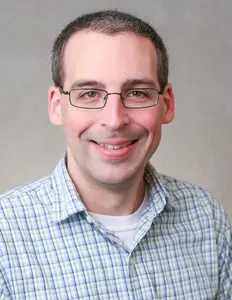
Dr. Michael Dunham of the Department of Physics was appointed Visiting Scientist at the Smithsonian Astrophysical Observatory in Cambridge, Mass., for the month of July.